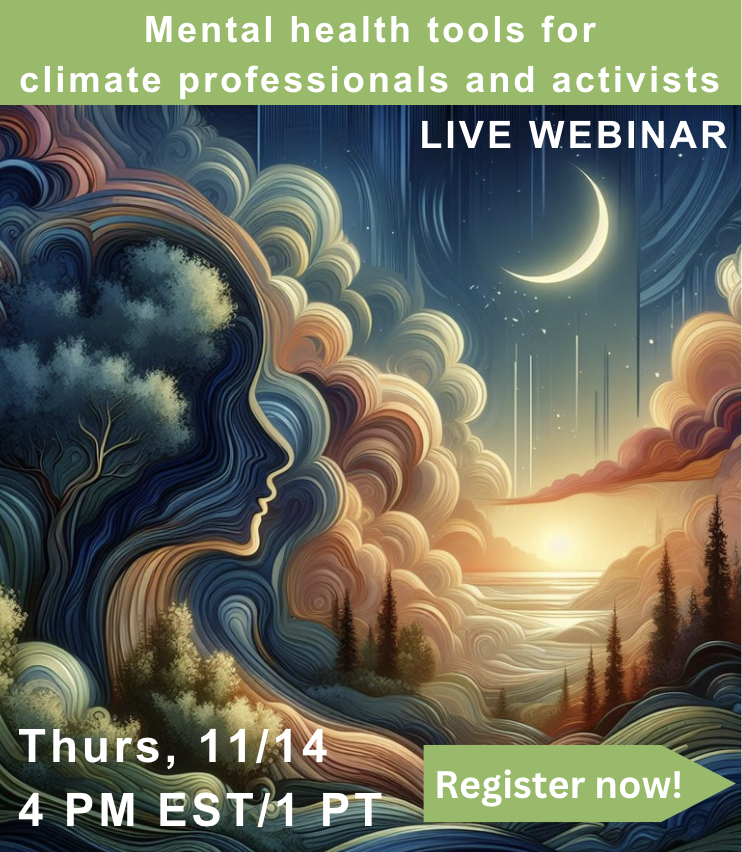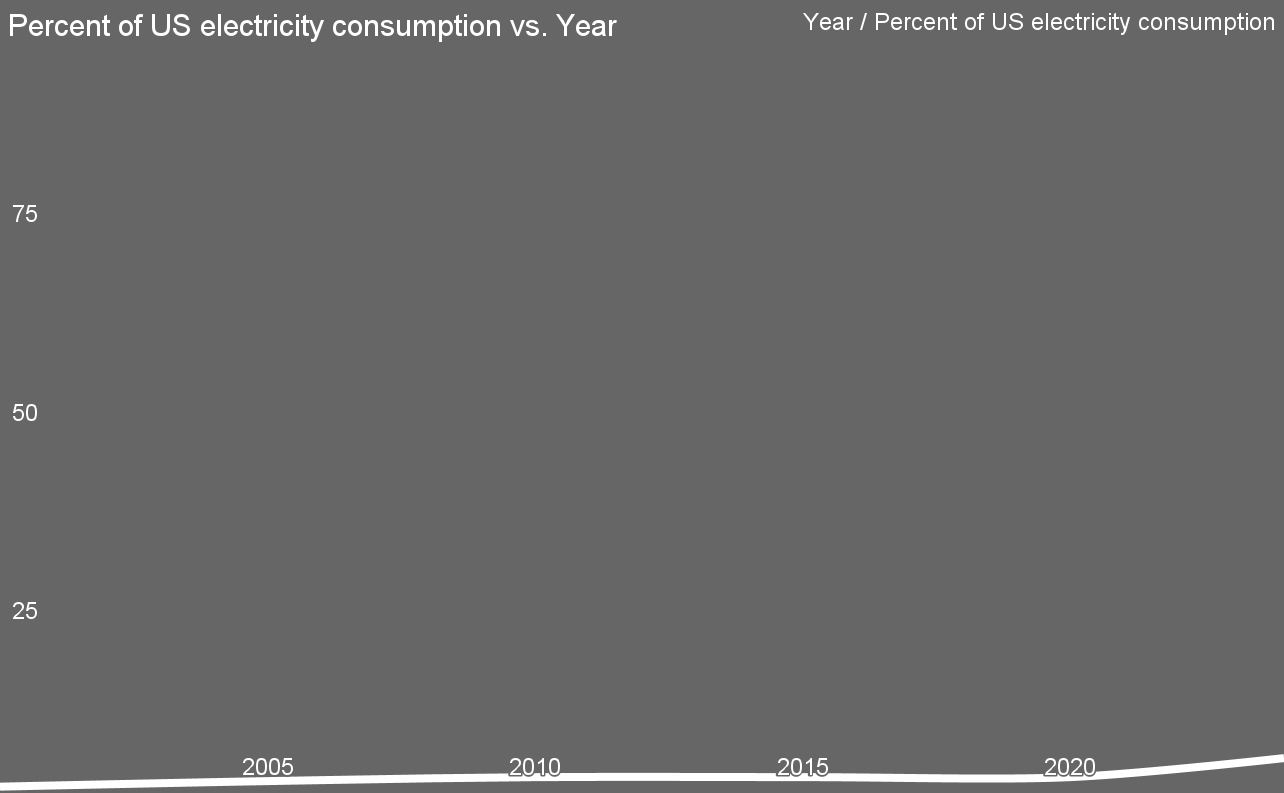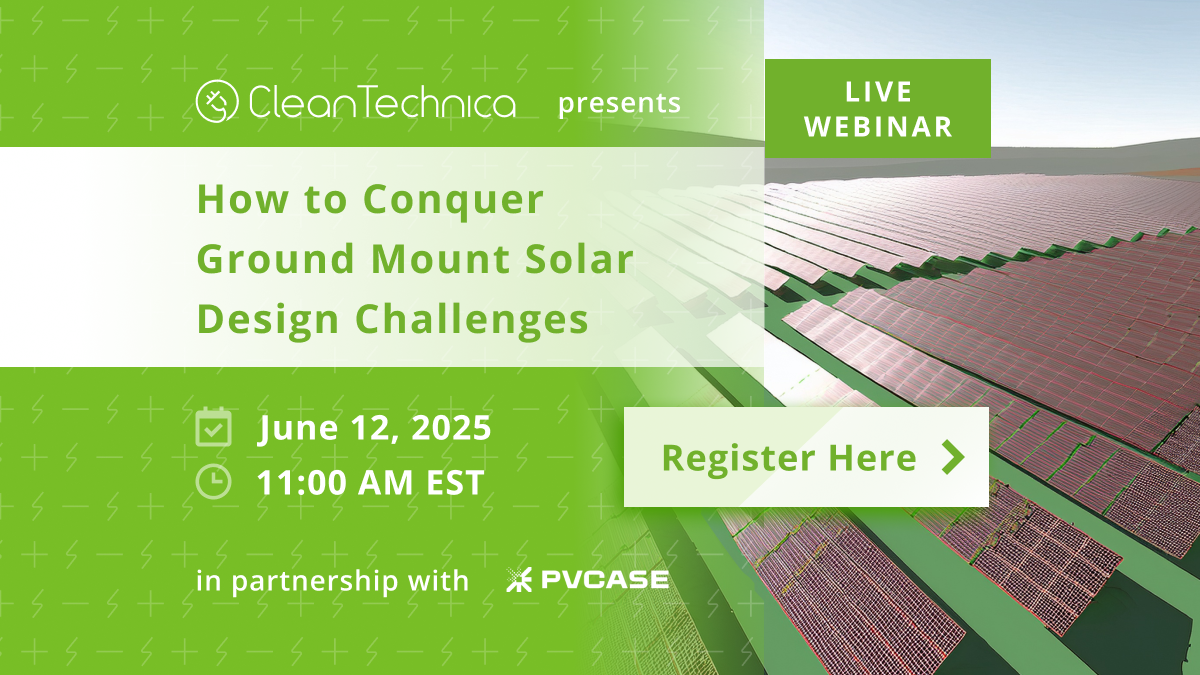Sign up for daily news updates from CleanTechnica on email. Or follow us on Google News!
I recently came across a social media post that puts solar energy in an interesting perspective: energy that everyone can possibly harness. This not only applies to most of the planet, but provides a very simple way to visualize a way forward to providing everyone with needed energy.
Sunlight is Universal Basic Energy https://t.co/PJPytAfyLZ
— Jesse Peltan (@JessePeltan) November 9, 2024
There’s a bit to unpack here for anyone who doesn’t follow these kinds of discussions online. The chart he shares is a modified version of a chart many people use to argue against clean energy, energy efficiency, etc. The idea is that with countries plotted on a chart, no wealthy country falls below the line. There’s also a clear correlation between energy and income per capita. The mistake happens when people claim that energy efficiency (getting the same benefit with less energy) would cause a wealthy country to go into the bottom and become an impoverished one.
Instead of arguing over that, Peltan noticed how little energy that line signifies. After all, it’s a logarithmic scale, mostly so that all of the energy-poor countries don’t get stuffed into the bottom of a normally-scaled chart and be unreadable. The poverty line falls at about 1000 kWh per person per year, and this includes everything a person consumes (on average) because it divides total energy consumption for the country and divides it by the population. So, this includes energy from things people buy, things people do away from home, etc.
When you think about it, 1,000 kWh per person per year is a very low number by wealthy standards. That’s only 83 kWh per month, or 2.7 kWh per day! Chances are, if you look at your power bill, you’ll notice a number that’s a lot bigger than that.
What he then points out is that one 600-watt solar panel can produce more than that. Assuming 8 hours of sunlight and then factoring out system losses, conversion losses, etc., you’re pretty close to that daily energy production. Add in some battery storage (maybe 3 deep-cycle batteries or a larger power station), and you could actually lift a person out of energy poverty for years.
It’s important to note that these panels don’t all have to be on the person’s roof. It’s a per capita measurement, so the panels can be put at a solar farm, over parking lots, or otherwise under the control of someone else. The idea is that if these countries bought only one panel per person and installed them wherever, the amount of energy produced would pull everyone into the upper ranks. Ten panels would pull a country up to wealthy energy levels.
Another important thing to keep in mind is that we’re not just talking about electricity. We’re talking about all energy consumption, even when consumed by inefficient and wasteful technologies. Driving an ICE car means every gallon of gas burned uses 33.7 kWh of energy, even if only a small portion (25–40%) ends up doing useful work like moving a car around. This means that impoverished countries don’t need 10 panels per person to lift everyone to a high standard of living, because efficient technologies can deliver the life on far less energy.
Universal Basic Energy
With all this in mind, he points out that sunlight could be a form of “universal basic energy.” The sun falls everywhere, and if you look at the countries on the list, many of them get plenty of sun. That energy is either making things warm (keeping us from freezing in space), or getting reflected back into space without being used for anything useful.
There’s no OPEC for sunlight that can raise or lower supply to keep everyone from getting cheap energy. There’s no need to get a government permission slip to drill for it, pump it through pipelines, and then burn it. It falls everywhere, and nobody ever gets a sunlight bill. As far as I know, no country has ever invaded another to steal its sunlight or better secure the supply (with the possible exception of Russian obsession with warm water ports, something that makes it harder for them to masquerade as Americans online).
This universality means that unless a country is too far north for consistent power, it’s something that any can possibly receive.
Not Universal In Terms Of Capturing & Using It
The only thing that keeps sunlight from being true “universal basic energy” is that solar panels, wiring, charge controllers, battery storage, and inverters aren’t free. By wealthy country standards, the technology to get a few hundred watts of solar power, a power station, and some efficient things to power with it doesn’t add up to being unaffordable for most people.
One way we know it’s cheap is that many people have bought their own personal solar generator just for hobby use. Going out camping, doing some stuff around the yard, taking some appliances along on a picnic — energy that could lift some people out of abject poverty is used for fun.
To truly make universal basic energy universal, the means to get a basic amount of energy out of that stream of free sunlight needs to be available.
Turning Energy Into Income
In the United States, there’s a growing number of people who subsist on small amounts of solar energy. Because things have gotten so expensive, a large number of retirees have found themselves short of money as income stays the same and prices rise (everyone calls this “living on a fixed income”). In some cases, it’s not possible to afford to eat and pay rent, so people have resorted to living in cars, RVs, tents, and other situations many people would consider “homeless.” Many younger people who could grind up the money to pay for the rat race choose this life, too, because they’d rather enjoy their time with good health instead of working themselves to death (sometimes literally).
For many in this nomad class, part-time and seasonal work is how ends meet. But, for many more these days, remote work is the key. Obviously, income from either of these things isn’t comparable to universal basic income, but the amount of money needed goes down significantly because there’s no rent, no power bill, no gas bill, and few other bills. Substituting energy for money works!
So, the more people who can get access to the means of producing energy instead of paying for mere access to that energy, the more this form of basic income can proliferate.
Featured image by Jennifer Sensiba.

Chip in a few dollars a month to help support independent cleantech coverage that helps to accelerate the cleantech revolution!
Have a tip for CleanTechnica? Want to advertise? Want to suggest a guest for our CleanTech Talk podcast? Contact us here.
Sign up for our daily newsletter for 15 new cleantech stories a day. Or sign up for our weekly one if daily is too frequent.
CleanTechnica uses affiliate links. See our policy here.
CleanTechnica’s Comment Policy




